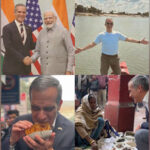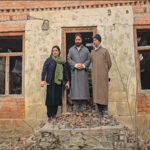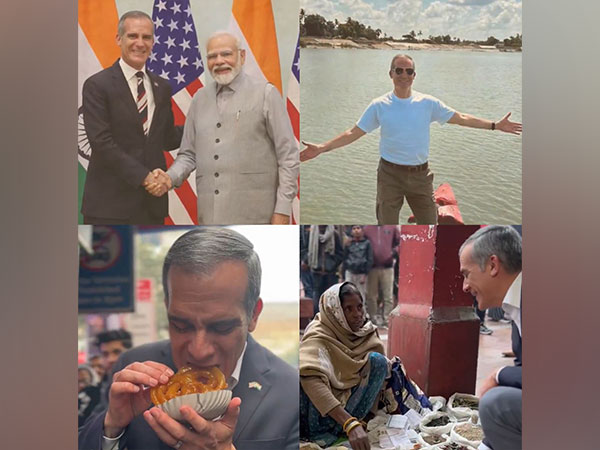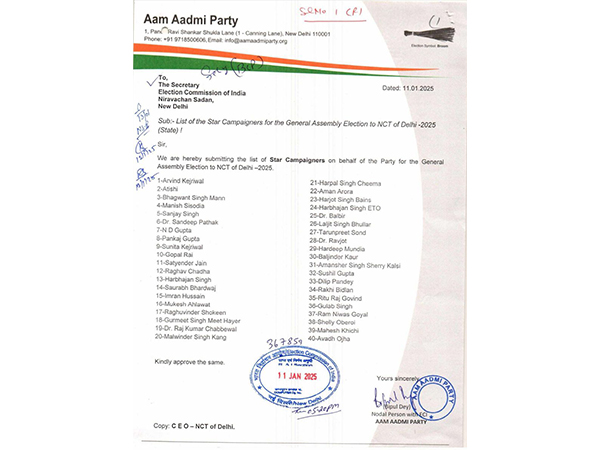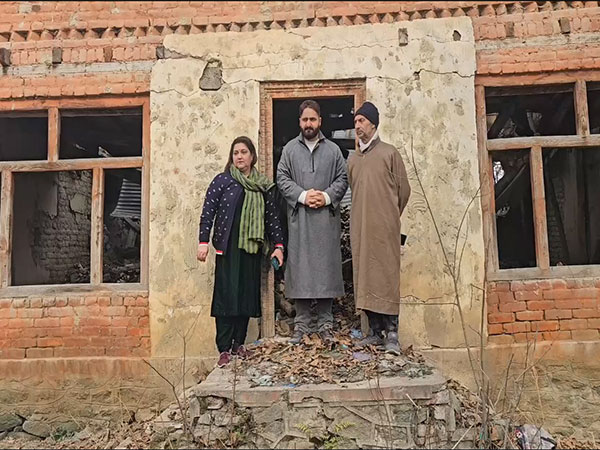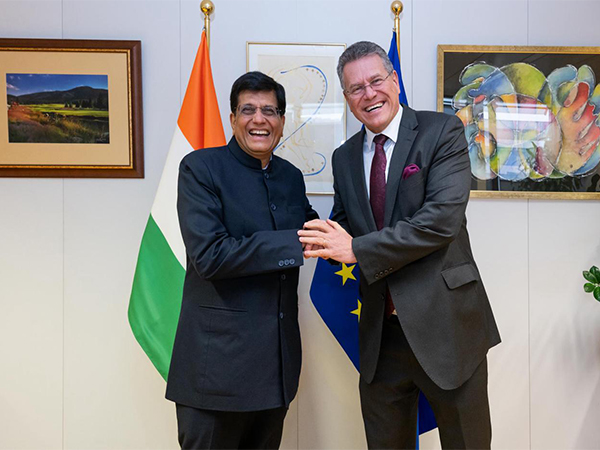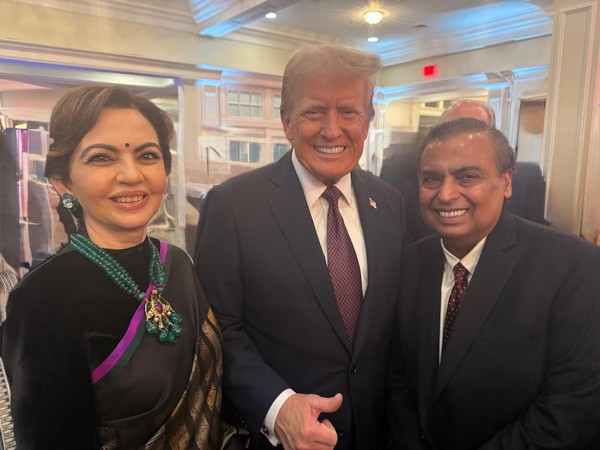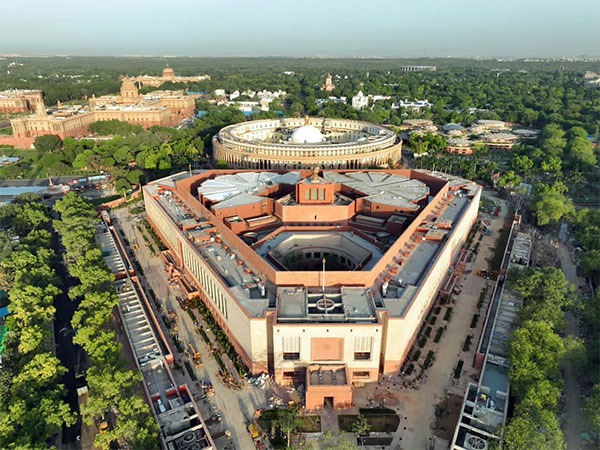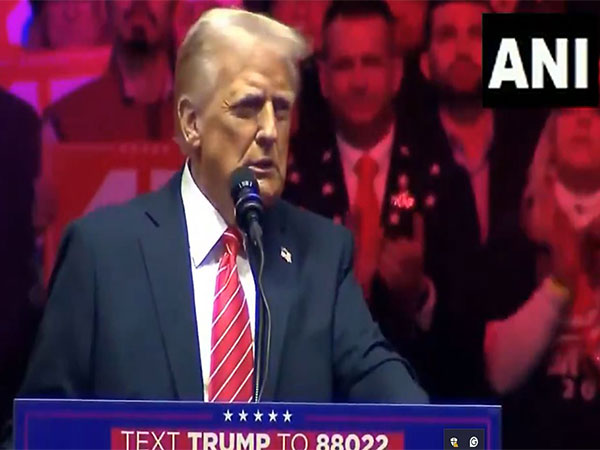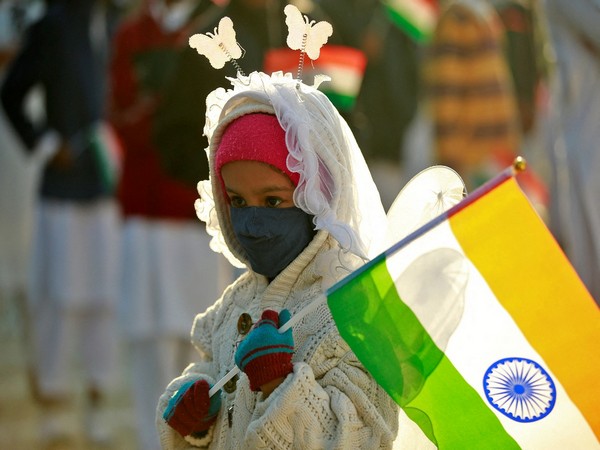
A girl wearing a face mask holds the Indian national flag as she attends a flag hoisting ceremony during India's Republic Day celebrations in Ahmedabad, India, January 26, 2022. REUTERS/Amit Dave - RC2W6S9WENB7
Rome [Italy], January 28 (ANI): India is a great country with a complex and fascinating history but it has been never linked to a group of people or any religion. Andrea Muratore, writing in Inside Over, an Italy-based publication said that India is a land with a unique and profound history, but anti-Indian campaigns have intensified in the media after the rise of Indian Prime Minister Narendra Modi.
As per the campaigns, today’s India of Narendra Modi is a hostile territory for any minority that does not conform to the dominant lineage of the Hindi language and the Hindu religion. In particular, the constitutional amendment of the statute of Kashmir was associated with the hypothesis that a dangerous crackdown on Muslims residing in the country could take place in India. None of this appears to be on the ground, said Muratore.
He gave examples of two protagonists who are not Hindus, the dominant religion of India – Subuhi Khan, a lawyer and social rights activist, Subuhi Khan is currently in office at the Supreme Court of Delhi, and Khushbu Sundar, actress, and politician. “I claim my position: I don’t feel I belong to a minority, and I don’t feel discriminated against either as a Muslim or as a woman,” said Subuhi Khan to Inside Over
“The very history of India tells us that since ancient times, this land has never been linked to a single people or a single religion”, she reiterated, adding that “the strength of India lies in the ability of peoples, ethnic groups, languages and religious traditions to talk to each other and live together.”
Muratore furher said that that the anti-Indian campaigns intensified in the media after the rise of Narendra Modi, they see a strong foreign direction of hostile countries in New Delhi. Subuhi Khan’s Twitter profile, in this sense, is a real hymn to tolerance and coexistence. What Khan underlines in conversation with Inside Over recalls the reality of the facts that demography presents.
According to estimates by the Pew Research Center, India will have the largest Muslim population in the world by 2050, surpassing both Indonesia and neighboring Pakistan. There are other true minorities, but they do not appear to be marginalized: India is home to the world’s largest mazdea (Parsi and Irani), Sikh and Baha’i communities that have coexisted within the country since well before independence and they were already present during the series of empires and dominations that alternated in the Subcontinent, said Muratore. “Muslims, as well as Christians and Jews, live in peace in India“, added Khan.
\Meanwhile, Khushbu Sundar, Muslim and of Tamil ethnicity said, “In recent years we have been improving dramatically.” This is true for both minorities and women, for whom, according to Muratore, “in India, as in other countries, more than discrimination we need to talk about the need to break the glass ceiling” for access to certain positions. (ANI)
